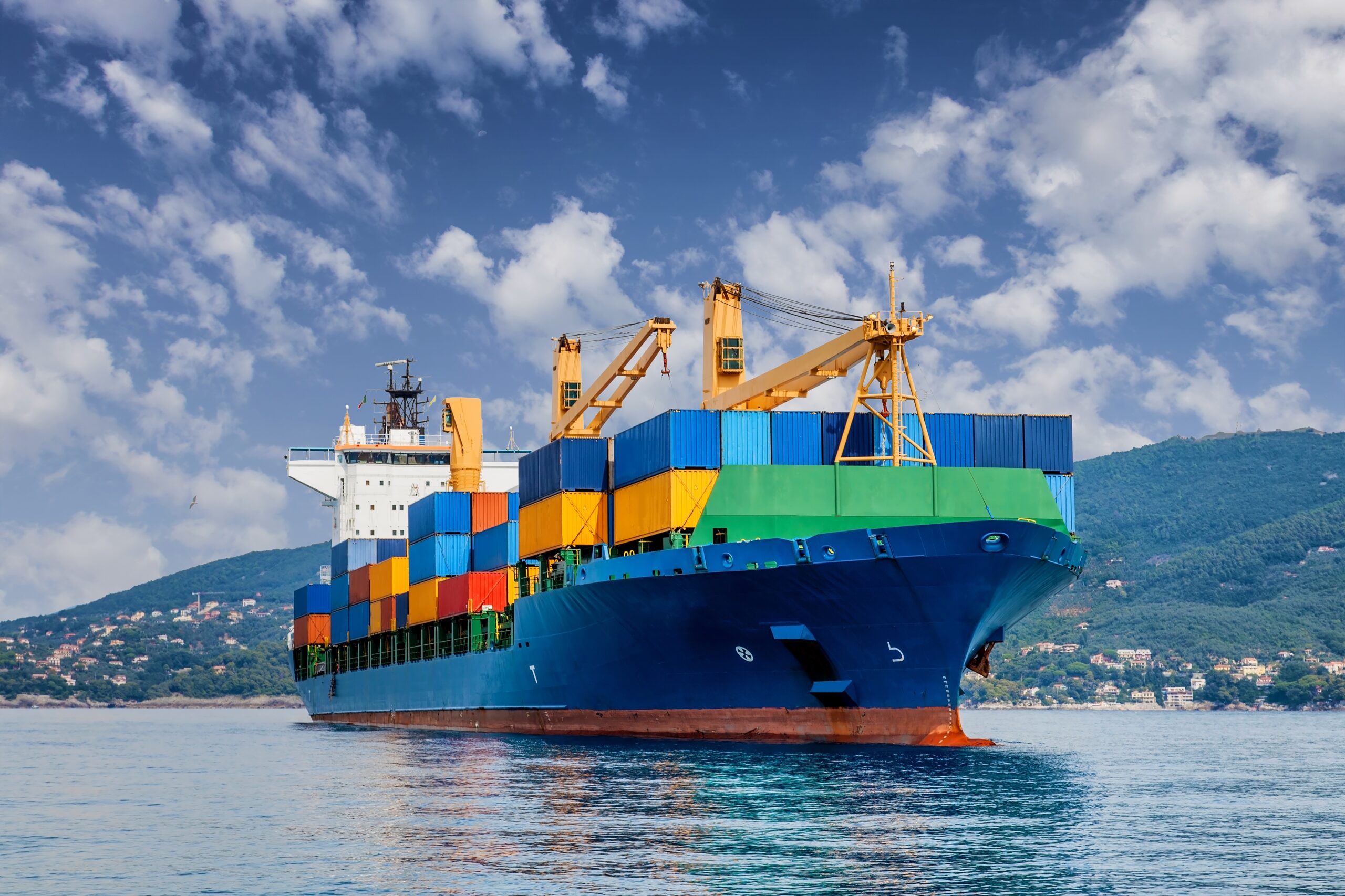In the vast expanse of the maritime world — where unpredictable seas and unforeseen circumstances collide — marine insurance emerges as a vital safeguard for vessel owners and operators. At the heart of marine insurance lies the intricate process of assessing commercial hull and machinery claims, a task that serves as the bedrock of the industry.
The significance of commercial hull and machinery claim assessments
Navigating the oceans, vessels are exposed to an array of risks that can lead to damage and disruptions. Collisions with other vessels, groundings on rocky shores, fires and machinery breakdowns are just a few examples of incidents that can befall a ship at sea. This is where marine insurance, particularly commercial hull and machinery coverage, comes into play.
Hull and machinery claims assessments are the cornerstone of marine insurance. They involve the meticulous evaluation of damage sustained by the vessel itself and its machinery, determining the compensation owed to the insured party. These claims are critical for vessel owners, offering them financial protection against the high costs of repairs, replacements or even total losses.
The assessment process: from incident to compensation
The assessment process for hull and machinery claims is a multi-step endeavour that requires thoroughness and precision. The process can be broken down into several key stages:
1. Investigating the incident and gathering evidence: The process commences with a comprehensive investigation into the incident that led to the claim. This involves collecting evidence, statements from witnesses, and data from onboard sensors and navigation systems. The goal is to reconstruct the sequence of events leading to the damage.
2. Assessing damage and determining costs: Next, the extent of the damage is evaluated, both to the vessel itself and its machinery. This assessment includes both physical damage (such as structural harm) and consequential damage (such as loss of income due to vessel downtime). Experts in maritime engineering play a pivotal role in accurately quantifying the damage.
3. Determining liability and coverage: Determining liability is a complex step, especially in scenarios involving collisions or multiple parties. The assessment involves identifying the responsible parties and the extent of their liability. Simultaneously, the assessment considers the terms and conditions of the insurance policy to establish the coverage applicable to the damage.
Challenges faced by insurers and vessel owners
While the assessment process is vital, it’s not without its challenges. Insurers grapple with complexities like ensuring objectivity and accuracy in their assessments, especially in contentious liability scenarios. Balancing the interests of various stakeholders and adhering to the terms of the policy can be a delicate task. Vessel owners, on the other hand, often encounter the challenge of providing accurate and timely documentation, which is crucial for a smooth claims process.
Commercial hull and machinery claim assessments stand as the cornerstone of marine insurance. In a domain where the seas hold both beauty and peril, these assessments provide a lifeline for vessel owners and operators. From investigating incidents and quantifying damage to determining liability and coverage, the assessment process ensures a fair resolution that upholds the principles of marine insurance. While challenges persist, industry leaders continue to pave the way for excellence in marine claim assessments, fostering confidence and stability in the maritime world.
Sedgwick’s expertise in marine claim assessment
As a leader in claims management, we bring a wealth of experience to the realm of marine insurance claim assessments. With a deep bench of marine experts, including naval architects, marine engineers, and master mariners, we are adept at navigating the intricacies of assessing hull and machinery claims. Our vast network allows us to quickly deploy experts to the scene of an incident, ensuring that investigations are prompt and comprehensive.
Learn more > read about how our marine experts can help navigate the choppy waters of international losses.

